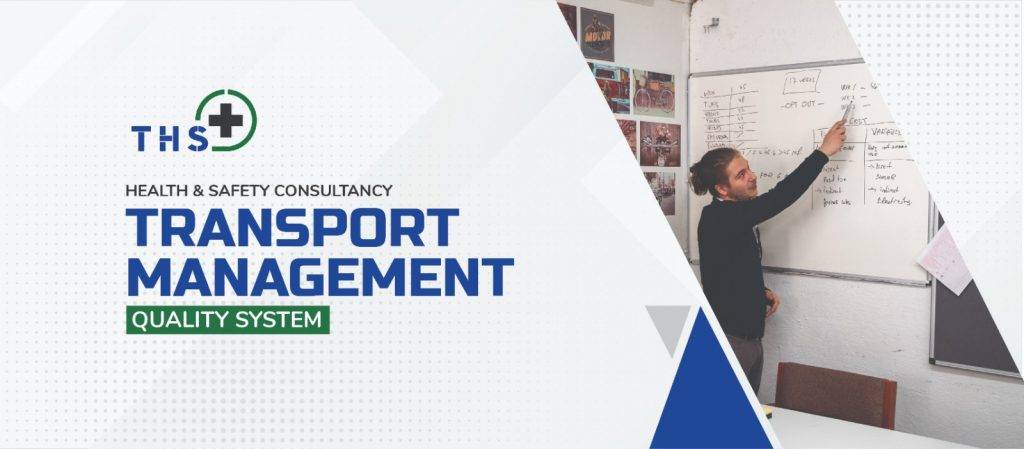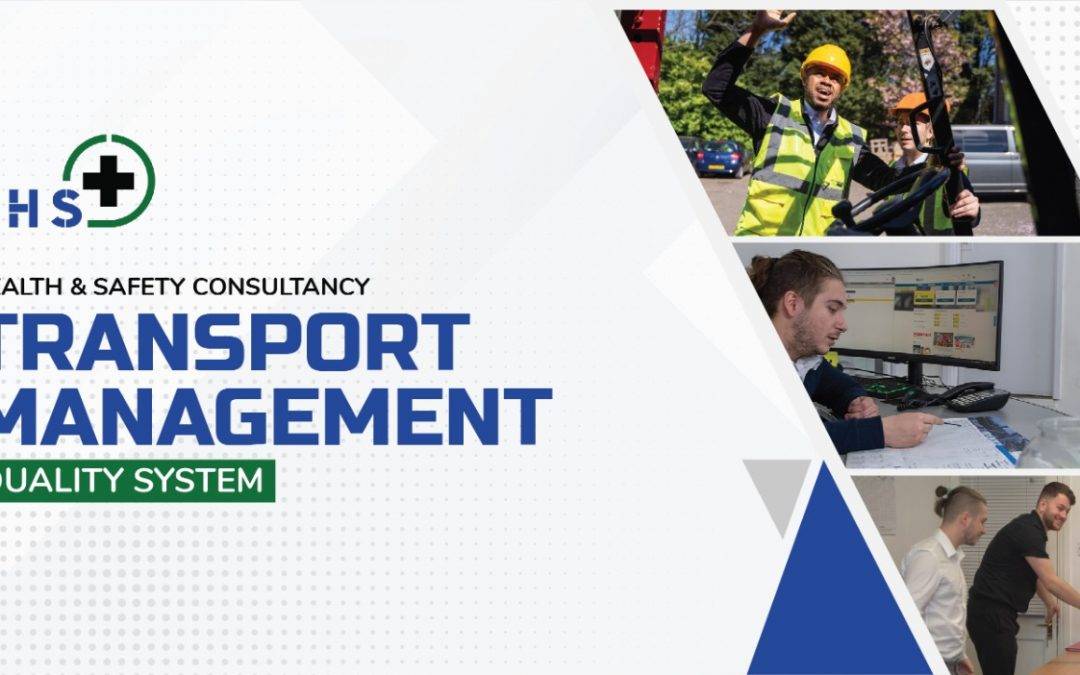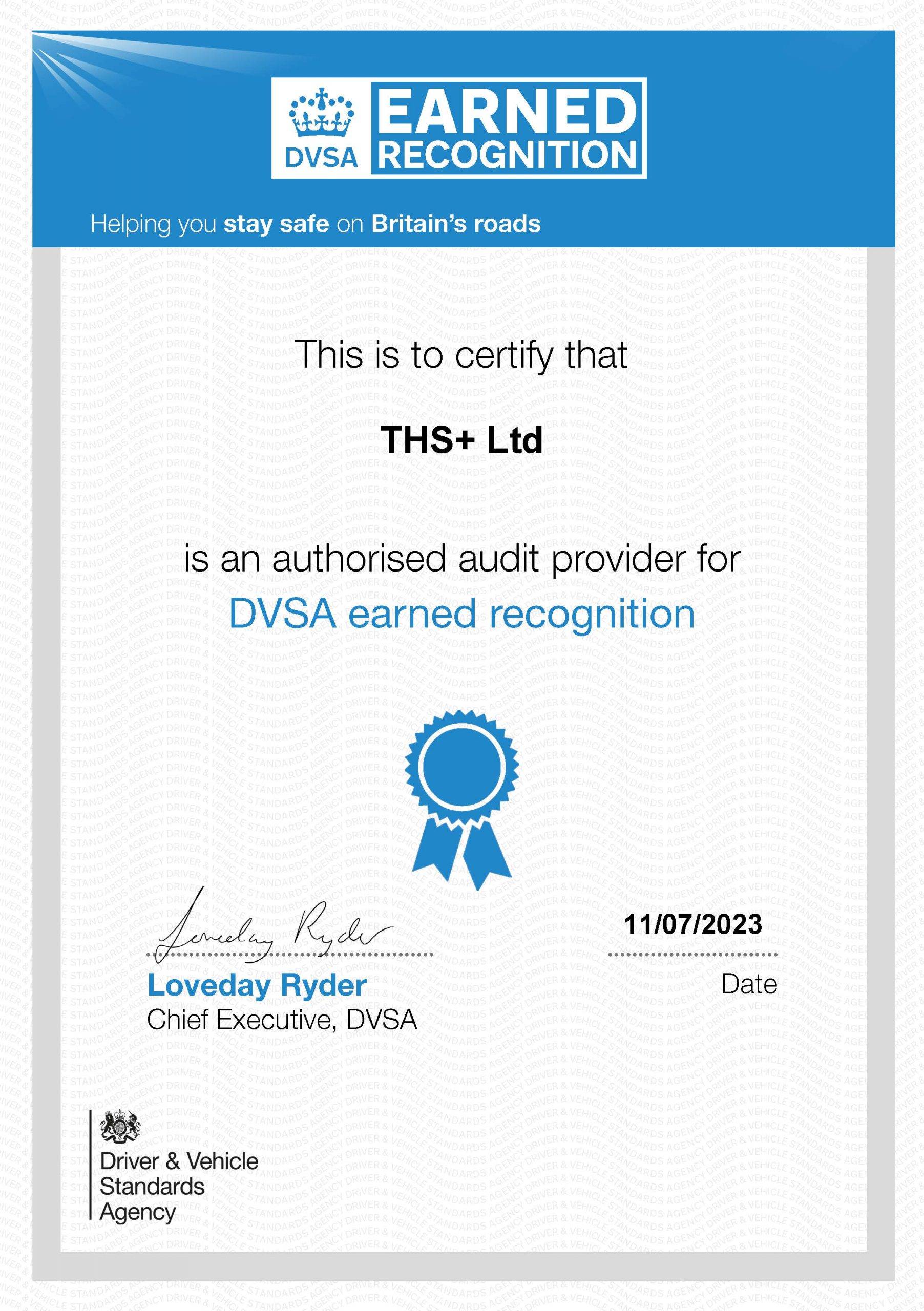Transport Management CPC Course Road Haulage
The Transport Manager CPC training course covers all the necessary modules for participants to obtain the certification required to work as a transport manager, who is in charge of the O-licence as well as the professional and legally compliant management of a fleet of heavy vehicles.
CILT Registration:
For people interested in a career in road haulage management, the Certificate of Professional Competence (CPC) for Transport Managers course is required. It is the minimum requirement for obtaining an Operator Licence.
Each course will be timed to correspond with the formal Chartered Institute of Logistics and Transport (CILT) examinations, which are held at regular intervals throughout the year. The Road Haulage Certificate of Professional Competence is divided into two assessments: Multiple Choice (R1) and Case Study (R2). A candidate must pass both modules to acquire the qualification.
All of the necessary materials for exam preparation are included. Our fully qualified Transport Managers deliver courses live, online, in a ‘virtual classroom’ from 08.00 to 16.00 hrs each day.

One of our fully certified instructors will deliver the course; all of them have extensive knowledge of all facets of transport management as a result of their extensive background in the field.
As the course will prepare the delegates to take up a transport manager role, attendees do not need any prior experience in the transportation and logistics industries. It is also perfect for staff members wishing to advance into a transport manager role and take on responsibility for the business O-license and who have prior fleet management experience.
Course Modules – In Detail
During the Transport Manager CPC course, in line with the CILT syllabus, each of the following topics will be covered:
1: Civil Law
• Business and Company law
• Contracts for carriage
• CMR insurance
2: Commercial Law
• Business structure
• Types of shares
3: Social Law
• Industrial relations
• Health and Safety
• Drivers’ hours – Basic requirement
• Drivers’ hours – Records
• Driver licensing
4: Fiscal Law
• Taxation
• Vehicle taxation
• Road User Levy
• Tolls
• LEZ
5: Business & Financial Management of the Undertaking
• Financial management
• Commercial conduct
• Marketing
• Organisational charts
• Vehicle costing
• Electronic data
• Insurance
• Incoterms
6: Access to the Market
• Operator licensing
• Permits and operating
• Customs transit systems
• Frontier crossings
• International transport documentation
7: Technical Standards & Technical Aspects of Operation
• Planned maintenance
• Weights and sizes for vehicles and loads
• Safe loading and transit
• Plating and testing
• Inspections and enforcement
• Vehicle selection
• Transport ancillaries
• Phytosanitary
8: Road Safety
• Driver licensing
• Traffic law and speed limits
• Planned maintenance
• Collision procedures
• Congestion charges
• Security of goods and frontier crossings
• International driving permits
• EU driving and road network
• Glossary
• Documentation post-Brexit
This session is priced at £1495 for 10 days (1 through 10) + VAT
The cost of revision days is £250/day + VAT, examination fees are £195 + VAT and these are not
included in the course price. These are booked separately.
Examination Day
Multiple choice examination (R1) 2 hours.
Case study examination (R2) 2 hours 15 minutes.
An email will be sent from CILT, prior to the examinations, with full details on how to access the online exams.
Q: Do I need a transport manager?
Ans: A transport manager is necessary if you hold a Standard National or Standard International Operator’s Licence
Q: What are the benefits of a transport management system?
Ans: Reduced costs for the business and the end customer. Simplification of supply chain processes across geographies, modes, and carriers. Automation of business operations for faster and more accurate billing and documentation. Improvement in visibility and security, especially in transit.
Q: What are opportunities for transport management?
Ans: opportunities for transport management
- Distribution Network Development.
- Transport Operations.
- Distribution Planning.
- Transport.
- Distribution Analysis.
- marketing.
- transportation operations.
- sales.
Q: What are the skills of a transport manager?
Ans: Skills
- Knowledge of transport methods, costs, and benefits.
- Maths knowledge.
- Knowledge of engineering, science, and technology.
- Design skills and knowledge.
- Analytical thinking skills.
- Ability to work well with others.
- Complex problem-solving skills.
- Good attention to detail.
TM CPC Refresher – Transport Management CPC
The transportation industry is subject to constant regulatory changes, making it essential for Transport Managers to undergo refresher training regularly. To ensure that Transport Managers meet their Operator Licence obligations, maintain a healthy Operator Compliance Risk Score (OCRS), and adhere to industry best practices, the Traffic Commissioners highly recommend this training.
Our comprehensive two-day refresher course is designed to keep Transport Managers up-to-date with regulatory changes and refresh their understanding of the areas covered in the full Transport Managers CPC course. This includes crucial topics necessary for effective and legal transportation operations.
By attending our refresher course, you will gain valuable insights into the latest regulatory requirements, ensure that your operations comply with legal obligations, and remain at the forefront of industry best practices. This will contribute to maintaining a high Operator Compliance Risk Score (OCRS) and enhance the reputation of your transportation business.
The Certificate of Professional Competence (CPC) is a certificate necessary for transport managers working in the road haulage industries in the UK and Europe. The CPC refresher course is meant to update and refresh transportation managers’ knowledge and skills, and it provides various benefits, including:
Compliance with legal requirements:
The CPC for transport managers is a legal requirement in the United Kingdom and Europe. Transport managers can maintain their compliance with the law and avoid penalties or fines by taking the CPC refresher course.
Improved operating efficiency:
The CPC refresher course covers a variety of transportation-related issues, including laws, health and safety, driver management, and financial management. Refreshing this knowledge can assist transportation managers in remaining current with best practices, which can lead to enhanced operational efficiency, better decision-making, and successful management of their transportation operations.
Enhanced safety and risk management:
The CPC refresher course includes training on safety rules, risk assessment, and risk management, which can assist transportation managers in identifying potential risks and implementing suitable risk-mitigation strategies. It can help to improve safety practices and lower the risk of accidents, incidents, and liabilities related to transportation operations.
Professional development and career advancement:
The CPC refresher course allows transportation managers to update their skills and knowledge, which can improve their professional development and career opportunities. A valid CPC certificate displays a dedication to continued professional development and can help you progress your career in the transportation business.
Increased credibility and reputation:
Completing the CPC refresher course and possessing a valid CPC certificate can boost transport managers’ credibility and reputation. It indicates that they have received the requisite training and skills to properly manage transportation operations, which can be useful when dealing with clients, suppliers, and regulatory authorities.
Opportunities for networking and information sharing:
The CPC refresher course provides a forum for transport managers to network with peers in the sector, share experiences, and learn from one another. It can lead to significant insights and practical ideas that can be used in their day-to-day operations.
Compliance with legal requirements, improved operational efficiency, enhanced safety, and risk management, professional development and career advancement, increased credibility and reputation, and networking and knowledge-sharing opportunities are all advantages of completing the transport manager CPC refresher course. To effectively manage their transportation operations and guarantee compliance with regulatory obligations, transportation managers must stay up to date on the newest rules and best practices.
IRTEC – Transport Management CPC
The HGV Inspection Technician course is a thorough training program that prepares students to work as qualified HGV inspection technicians. The training covers all areas of HGV inspection, such as legal and safety responsibilities, vehicle components and systems, and inspection techniques. The program is intended to give technicians the information, abilities, and practical experience needed to become trained HGV inspection technicians, including the accredited 5-year IRTEC license for HGV vehicle inspection.
The course lasts two days and six hours, with the first day focused on HGV inspection processes, regulations, standards, vehicle components, systems, maintenance, as well as critical safety factors. On the second day, technicians will need access to an HGV vehicle weighing more than 3500kgs rigid or tractor unit to obtain practical, hands-on experience doing complete vehicle inspections and testing.
Technicians will learn how to spot faults, understand their criticality, and advise operators on the best course of action during the course. Technicians will also develop an awareness of good vehicle operator obligations to road safety, which is a vital part of the transportation business.
Upon completion of the course, technicians will be fully prepared with the information, abilities, and practical experience required to become trained HGV inspection technicians. They will also be able to take the IRTEC HGV inspection technician assessment and obtain an authorized 5-year IRTEC license for HGV vehicle inspection. Having an IRTEC license proves that technicians are competent, knowledgeable, and talented in HGV inspection, making them highly sought after by transportation companies and operators.
Finally, the HGV Inspection Technician course is a must-have for individuals looking to become qualified HGV inspection technicians. Technicians who complete the course will be well-prepared to fulfill the demands of the transportation industry and contribute to the safe and efficient operation of HGV trucks, thanks to practical, hands-on experience and an industry-recognized qualification.
Course Modules:
Day 1:
• Overview of the Guide to Maintaining Roadworthiness
• Operator Compliance / OCRS and Earned Recognition
• Daily Vehicle Checks / Responsibilities / Documentation
• Health and Safety Legislation
• Enforcement / Prohibitions / Operating Centre Powers and Sanctions
• Documentation / Defects and Rectification / Inspection
Sheets / Maintenance Schedules
• Terminology / Technical terms / Acronyms / Common
Phrases
• stage test and practical/case study – inspection docs.
Day 2:
• Introduction to The Category of Defects Layout / Practical Demonstrations
• Use of Notes Column 4
• Introduction to HGV Inspection Manual / MOT Prohibitions / MOT Criteria
• Minor Major and Dangerous Criteria and examples
• HGV Inspection Manual specific areas / Safety Critical items
• HGV Inspection Manual specific areas / Mirrors / Spray Suppression / Tachograph
• The Inspection routine / Paperwork / Process / Legal Documents / Assistance / Tools and
Equipment
• Understanding headlamp aim / Roller Road Brake Test /
Emissions
• Practical Inspection and Stage Test
• Walk through practical inspection and stage test
• Assessments theoretical – HGV and trailer inspection
Day 3:
• Assessments theoretical – HGV inspection
• Assessment practical – trailer inspection
Contact us for more information and follow us on Facebook for daily updates.








